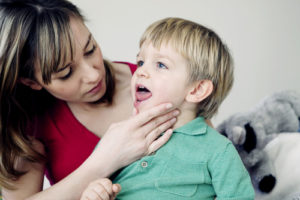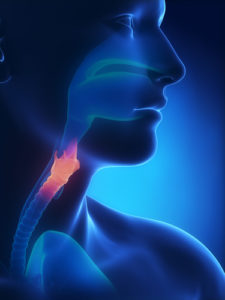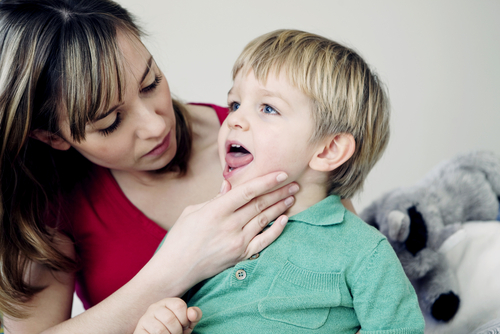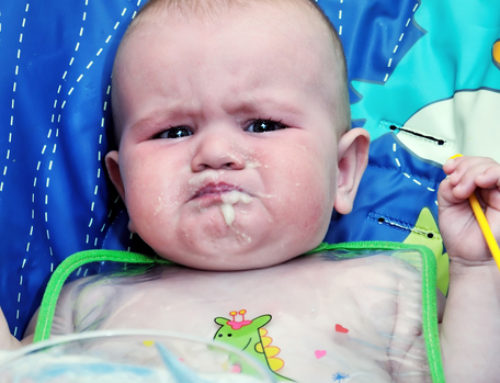 Eosinophilic Esophagitis is more than a mouth-ful of words, it’s a mouthful of food—and not in a good way! Eosinophilic Esophagitis can be a very complicated affliction, as it often goes undiagnosed until painful and dangerous symptoms present themselves.
Eosinophilic Esophagitis is more than a mouth-ful of words, it’s a mouthful of food—and not in a good way! Eosinophilic Esophagitis can be a very complicated affliction, as it often goes undiagnosed until painful and dangerous symptoms present themselves.
For Dr. Jeffrey Rosensweig, this condition is one of particular personal interest. Dr. Rosensweig completed his fellowship at Johns Hopkins University Hospital alongside the doctor who published the first paper showing that this condition in the esophagus is not affiliated directly to acid reflux. This study revealed that Eosinophilic Esophagitis is a unique entity that requires different treatment than that of acid reflux.
This is one of the most active areas of research in the field of pediatric gastroenterology. Normally in the medical field, studies in adult medical care lead to developments in pediatric care, whereas in this specific realm of gastroenterology, pediatric study is making headway, opening doors for implementing similar treatment in adult patients.
Looking at the name alone, eosinophilic refers to the kind of inflammatory cell found in the esophagus in patients with this condition. The presence of this cell is one of the definitive features of this condition.
 Eosinophilic Esophagitis is most often discovered in the emergency room, such as in cases of teens finding difficulties in swallowing or having to drink water with every bite of food. In younger patients, specifically infants, symptoms can include vomiting, poor growth, and high irritability. This condition is presented in a wide range of age-groups, and frequently mistaken for acid reflux, leading to failing response to treatment.
Eosinophilic Esophagitis is most often discovered in the emergency room, such as in cases of teens finding difficulties in swallowing or having to drink water with every bite of food. In younger patients, specifically infants, symptoms can include vomiting, poor growth, and high irritability. This condition is presented in a wide range of age-groups, and frequently mistaken for acid reflux, leading to failing response to treatment.
There are two primary forms of treatment for Eosinophilic Esophagitis, being anti-inflammatories and dietary changes.
Particularly in infants, the complications of this condition can be very severe, especially when improperly treated. Upon diagnosis, dietary changes in the form of new formula or dietary changes for the mother of the afflicted must immediately be implemented.
If your child is having trouble swallowing, or has any of the other aforementioned symptoms, contact Colorado Pediatric Gastroenterology today.





Leave A Comment